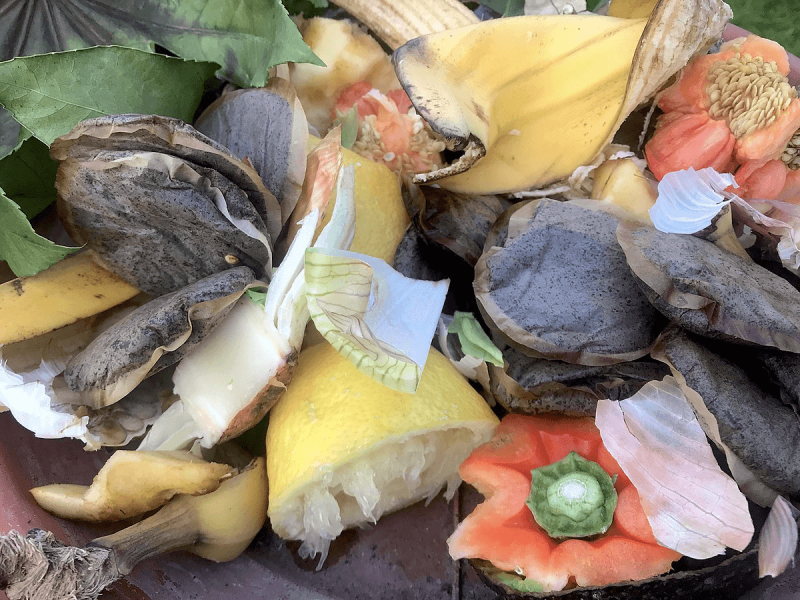Scientists have found a new technology to extend shelf life and improve storage in food crops especially perishable vegetables like tomatoes, cabbage, carrot, and peppers.
It will reduce pre- and post-harvest losses while conveying crops from farm to storage and market.
The technology, called Genome Editing (GEd) when embraced, will also reduce incidence of traces of pesticide on vegetables and farmer’s cost of buying agro chemicals.
These techniques are being used in crops such as rice, tomato, maize, sugarcane, soybean, and potato to control pest and disease resistance, higher resilience to abiotic stress, higher nutrient, and increased yield potential.
In animals such as poultry, sheep, goat, cattle and pigs for increased disease resistance, better adaptation to farming or environmental conditions and enhanced animal welfare.
…
[AUDA-NEPAD Ag Director Florence Nazare,] citing an example said, “If a particular crop triggers an allergic reaction in someone, for instance GEd technology does three things thus to mute an unwanted gene, deleting it outrightly or toning it down to suppress the level. This will help deal with the allergy.”






























